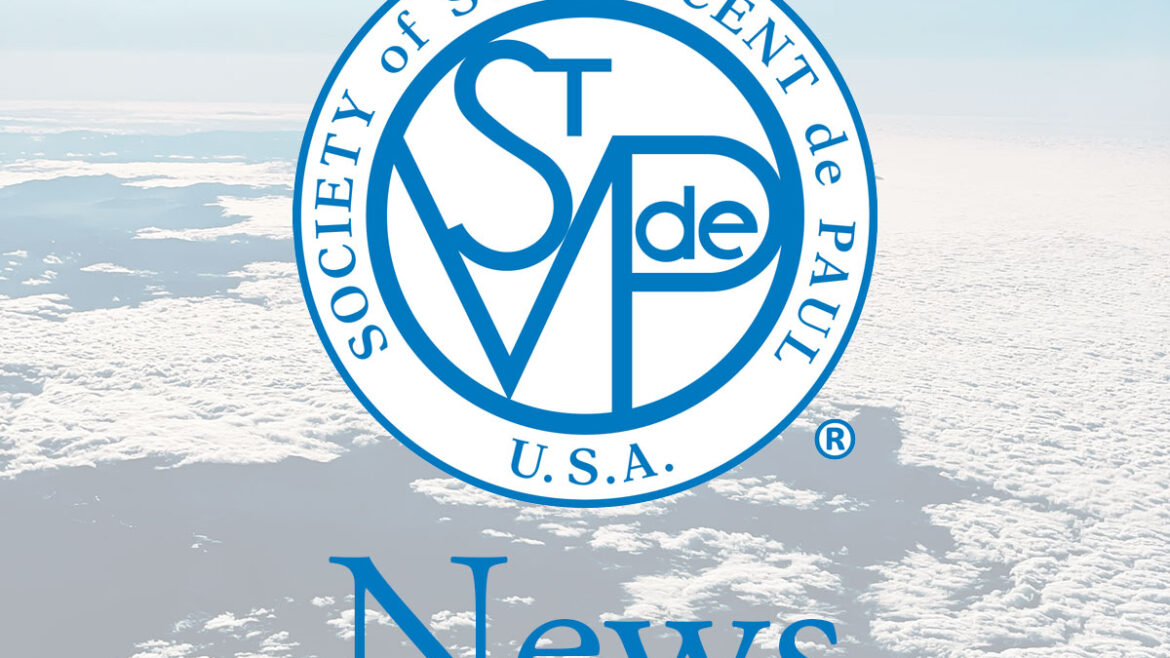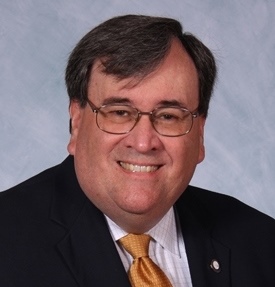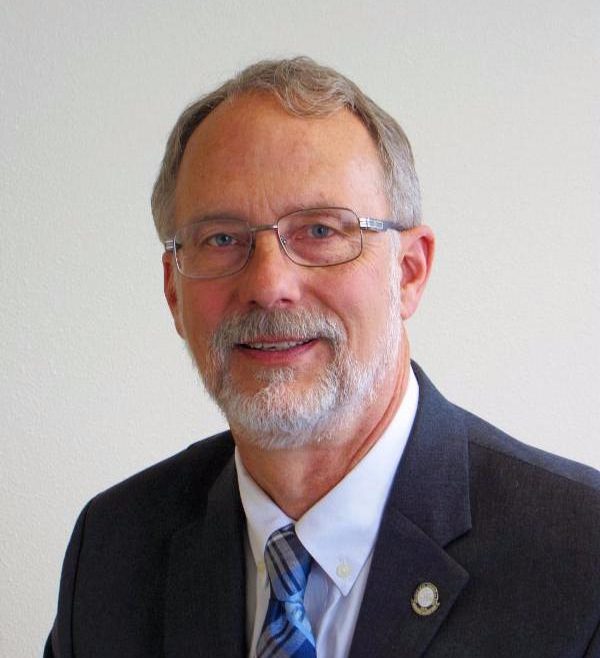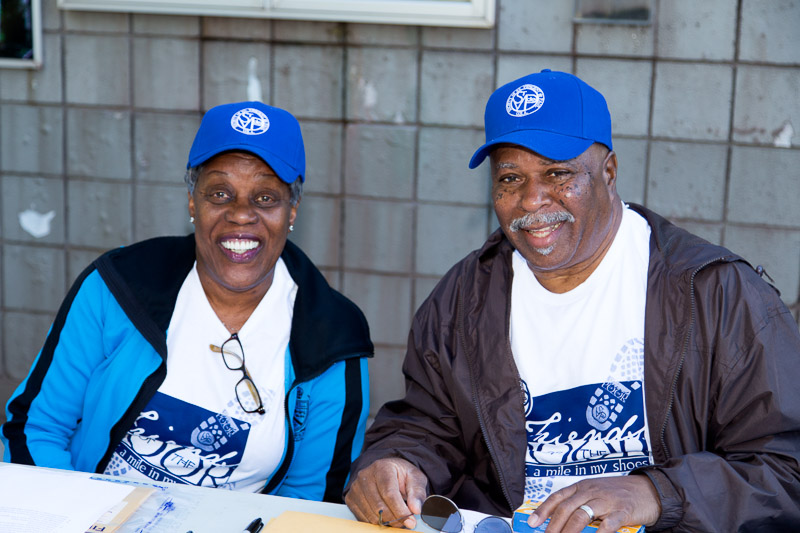New friends are silver, they say, and old friends are gold. Maintaining our friendships during this long year of absence and isolation has been challenging.
As Blessed Frédéric Ozanam once explained, friendships, when we are separated, can be nourished via letters, which are a “truly an epistolary meeting where one always gains and never loses.” [Letter 142. 1837]
Surely our modern conference calls and videoconferences have served us as ably as the letters of another era, yet even in these modern days, “friendship being a harmony between souls…cannot subsist in a prolonged absence.” [Ibid]
As challenging as it is to maintain our friendships without meeting in person, it is nearly impossible to form new ones, as we are called to do with the neighbors we serve. On Home Visits, we learn not only from words and facial expressions, but from the full circumstances and surroundings; body language; interaction with others in the home; things we can only experience in person.
All friendships are strengthened by spending time together, whether sharing a meal, a conversation, a movie, or other recreation. But our Vincentian friendship is a special bond, whose “strongest tie… is charity… It is a fire that dies without being fed, and good works are the food of charity.” [Letter 82 1834]
This friendship is more than recreational, more than mere “silver or gold.” It is one of the Essential Elements of our vocation, formed, nourished, and strengthened at every Conference meeting and home visit.
Indeed, the first edition of the Rule in 1835 declared that “the unity of the Society of St. Vincent de Paul will be cited as a model of Christian friendship… which …will make of all our hearts one heart, of all our souls one soul…”
It is through our friendship that we answer our calling to “journey together towards holiness.” [Rule, Part I, 2.2] In our Conference meetings, where we gather together in His name; in prayer, where our voices joined; on our Home Visits, where we serve as He asked us to serve; there, as He promised, Christ will be in our midst.
As grateful as we are for technologies that have kept us connected during this time, one of the blessings we look forward to as we return to normalcy in coming weeks and months is the renewal of our living friendship. Vincentian friendship, like our relationship with God, is ultimately not intended to be a long-distance relationship.
Contemplate
When gathered with my Vincentian friends, do I look for Christ in our midst? Do I find Him?





